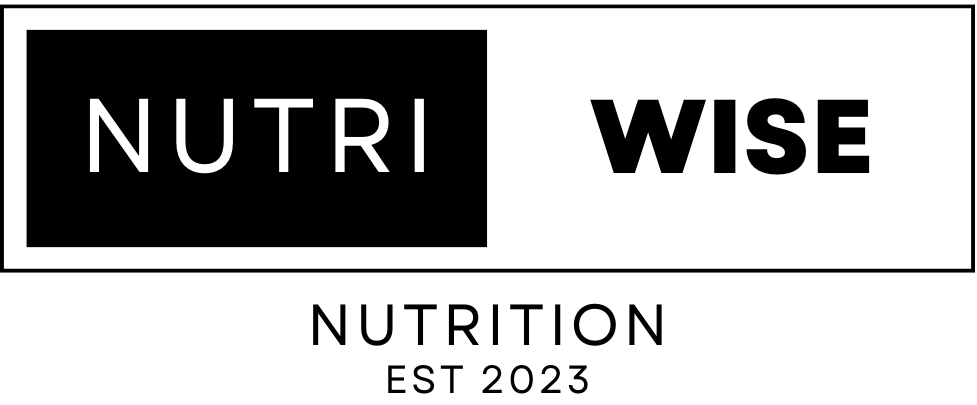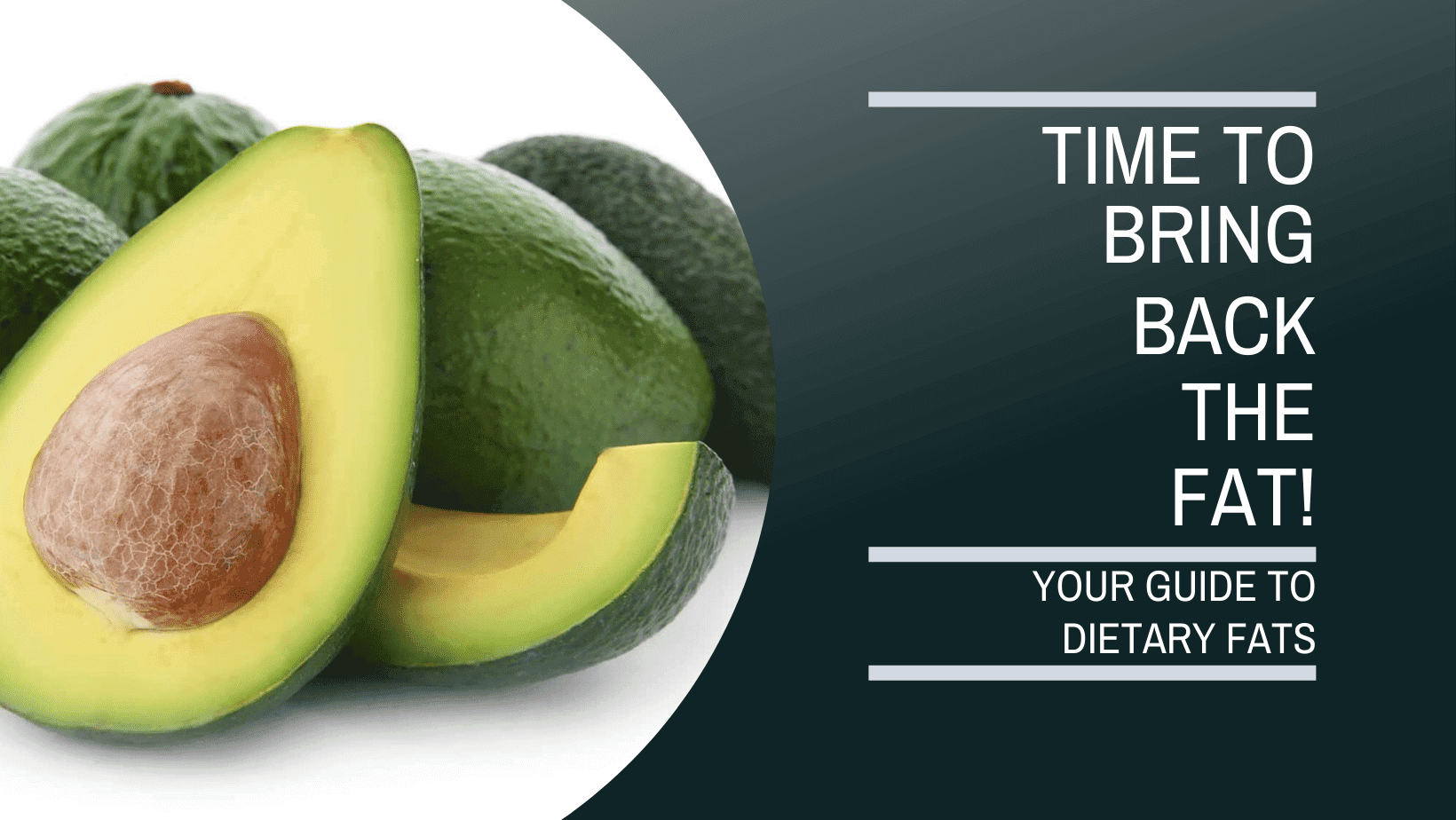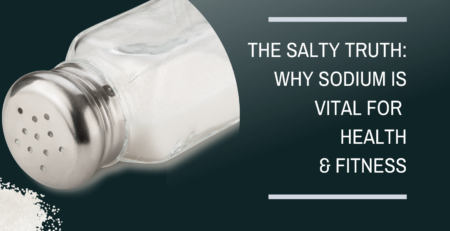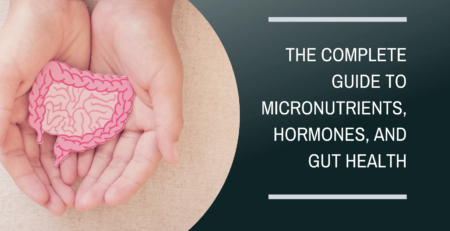Bring Back The Fat – Your Guide To Dietary Fats
What Are Dietary Fats?
Dietary fats are essential to a healthy diet and provide the body with energy and essential fatty acids. Fats also help transport fat-soluble vitamins, aid in digestion, and serve as an important energy reserve, among other important functions. It is therefore important to understand dietary fats and how they contribute to overall health.
The types of dietary fats include saturated fats, monounsaturated fats, polyunsaturated fats, and trans fats. Saturated fats should be consumed in moderation as they can increase cholesterol levels while monounsaturated fatty acids have been found to lower cholesterol. Polyunsaturated fatty acids are beneficial for the heart and can be found in foods such as salmon, tuna, soybeans, walnuts, sunflower oil, safflower oil, flaxseed oil, etc. Trans fat is an unhealthy type of fat that should be avoided at all costs due to its negative effects on cardiovascular health.
In order for the body to function optimally it is important to consume some dietary fat each day from sources such as nuts, seeds, avocados or extra virgin olive oil. Incorporating these healthy sources of dietary fat into a balanced diet will help ensure you are receiving the nutrients needed by your body for optimal health.
Benefits Of Dietary Fats
Dietary fats are an essential part of a balanced diet, providing numerous health benefits. It has been established that dietary fats play a role in providing energy, transporting vitamins, and helping to form healthy cell membranes. Furthermore, they may also help to reduce inflammation, protect the heart from disease, and aid in brain development.
It is important to note that not all dietary fats are created equal. Unsaturated fats are considered to be ‘good’ fats as they can help lower cholesterol levels and reduce risk of heart disease. Examples include olive oil, avocado oil, nuts and seeds. On the other hand, saturated and trans-fats have been linked to increased levels of bad cholesterol and risk of cardiovascular disease. Examples of these types of fats include butter, margarine and processed foods such as pastries and chips.
Therefore it is clear that while consuming some fat is important for optimal health, it is crucial to understand which types of fat should be consumed in order to reap their beneficial effects.
Sources Of Dietary Fats
The importance of dietary fats has become increasingly clear, and it is time to focus on where these essential nutrients can be found. Like a chocolate bar in the middle of a desert, valuable sources of dietary fats are scattered far and wide.
These sources can range from healthy, plant-based options like avocados and nuts to animal products such as dairy and eggs. Additionally, fish is an excellent source of omega-3 fatty acids, which have been linked to improved brain health and reduced inflammation. Non-hydrogenated oils like olive oil and coconut oil can also be used in moderation to provide our bodies with beneficial fatty acids.
It is important to note that some fats are healthier than others; saturated fats should be consumed sparingly while unsaturated fats are preferred. The key is finding the right balance between different types of dietary fat that will best serve your body’s needs.
Types Of Dietary Fats
A recent study conducted by Harvard Medical School found that over 80% of Americans consume more fat than the body’s daily recommended amount. Despite this, fats are essential to a healthy lifestyle, as they provide energy and help improve nutrient absorption. In order to understand why fats are important, it is important to understand their sources and types.
Fats come from both animal-based and plant-based sources, such as eggs, dairy products, nuts and seeds. These can be divided into four main types: saturated fat, monounsaturated fat, polyunsaturated fat and trans fat. The easiest way to tell these apart from one another if you are unsure is to observe their state at room temperature. Saturated fats are typically solid at room temperature and are commonly found in animal products like meat, butter and cheese. Monounsaturated fats remain liquid at room temperature and can be found in olive oil, avocados and almonds. Polyunsaturated fats contain essential fatty acids which the body cannot make itself – these are found in fish oil, sunflower oil and soybean oil and are also liquids at room temperature. Finally, trans fats occur naturally in small amounts in some foods but are mainly created during the food manufacturing process as most trans fats are formed through an industrial process that adds hydrogen to vegetable oil, creating hydrogenated vegetable oils which are traditionally used to fry. This process also causes the oil to become solid at room temperature and should be avoided as much as possible due to potential health risks as they have been shown to wreak havoc on our cholesterol balance.
It is important to note that not all dietary fats are equal; some offer greater health benefits than others do. Eating a balanced diet with a variety of sources of dietary fats is key to maintaining good health and helping your body function properly.
Tips For Eating A Healthy Amount Of Fat
The importance of dietary fats for human health is well-established. It has been theorised, however, that not all types of fat are created equal and that different types of fats can have drastically different effects on the body. This thesis warrants further examination to better understand how to incorporate healthy fats into one’s diet and lifestyle.
It is important to note that there are four main types of dietary fats: monounsaturated, polyunsaturated, saturated and trans fat. Monounsaturated fatty acids can be found in foods like olive oil and avocados and have been linked to lower cholesterol levels and improved heart health. Polyunsaturated fatty acids are found in fatty fish like salmon and tuna as well as some vegetable oils. These fats may help reduce inflammation throughout the body. Saturated fat is found mainly in animal products such as butter or lard but also exists in some plant-based foods such as coconut oil or palm oil. There is a common misconception that this type of fat should be limited in one’s diet as it can lead to higher cholesterol levels, but we are increasingly learning that some people are predisposed to higher levels of cholesterol production irrespective of saturated fat intake, throwing this theory into a tail spin. Finally, trans fats are the most concerning type of dietary fat because they raise bad cholesterol levels in the body while lowering good cholesterol levels; this type of fat should be avoided altogether if possible.
Given this knowledge about the various types of dietary fats, it is essential to develop a balanced approach towards incorporating healthy sources into one’s routine. It is recommended to opt for a balanced ratio of unsaturated forms to saturated forms; furthermore, avoiding processed foods high in trans fats is paramount for maintaining optimal health. Aiming for a variety of food sources—including nuts, seeds, fish, dairy products and vegetable oils—can help ensure an adequate intake of essential fatty acids necessary for bodily functions like metabolism regulation or cell membrane production.
Conclusion
Fats play an important role in the body and can have many beneficial effects. Fats are essential for energy, insulation, and absorbing certain vitamins and minerals. They also help to maintain healthy brain function and support cell growth. Additionally, fats provide a source of long-term energy storage, allowing the body to access energy when needed.
It is important to choose healthy sources of dietary fat such as nuts, seeds, avocados, olives, fish oils and vegetable oils. Unsaturated fats are generally considered to be healthier than saturated fats and trans fats should be avoided altogether. Eating a variety of fat sources alongside other nutritious foods can help to ensure that all essential nutrients are consumed in the right proportions.
Consuming the right amount of healthy fats can help people feel more energized, improve their moods and positively impact their overall health. Consuming a healthy amount of dietary fats is an essential part of unlocking a well-balanced diet that nourishes both body and mind.











